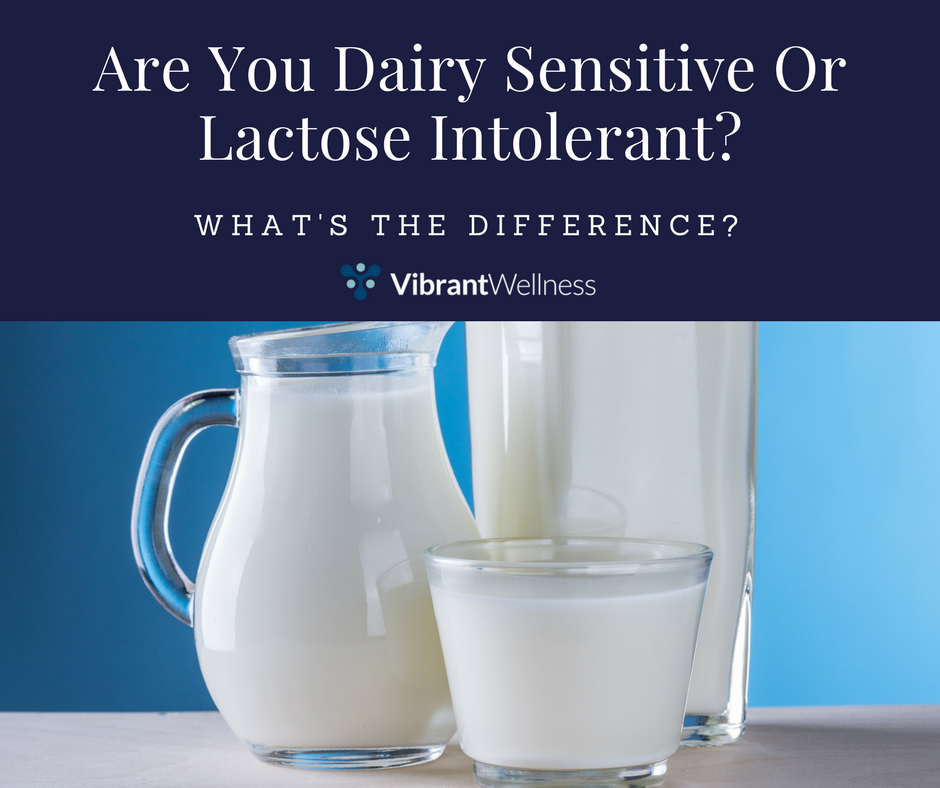Nutrients That Help Reduce Symptoms of Seasonal Allergies

It’s allergy season, which means that you may be suffering from a stuffy nose, runny nose, itchy eyes, or other bothersome symptoms caused by seasonal environmental allergens. You may be reading this very blog in an effort to learn how to eliminate your current allergy symptoms that you are suffering from.
While there is no cure in the form of a food or nutrient, there are nutrients found in foods that can decrease your allergy symptoms. Read on to learn about the different nutrients, their effects, and where to find them.
Quercetin is a natural plant chemical that may reduce histamine reactions; histamines are major mediators of an allergic reaction that are released by the body in response to the body perceiving that an invader has entered and is attacking. [1]
Although you can take quercetin as a supplement, if you eat a lot of fruits and vegetables, you should take in a fair amount of quercetin from your diet. Food sources high in this antioxidant include capers, onions, peppers, berries, apples, kale, spinach and parsley.
Vitamin C is another antioxidant that is also known to reduce histamine reactions that occur in allergic responses. The fuzzy kiwi fruit, peppers – such as red bell peppers– and citrus, like oranges, are excellent sources of vitamin C.
Omega-3 fatty acids are well known for their anti-inflammatory properties, as are the aforementioned quercetin and vitamin C. When inflammation goes up, detoxification goes down; detoxification is critical for a healthy immune system that can handle all of the environmental irritants our bodies get exposed to on a daily basis. Studies show that omega-3 fatty acids can reduce allergic rhinitis. [2,3]
Many Americans consume far more omega-6 fatty acids than they consume omega-3 fatty acids, which has been linked to greater inflammation. Anti-inflammatory omega-3 fatty acids can be obtained from fish oil supplements, seafood, and plant-based sources such as hemp seeds, chia seeds, flaxseeds, and walnuts. Plant-based sources of omega-3 fats are not as efficiently converted to their active forms in the human body as animal sources.
Bromelain can reduce irritation in allergic diseases, such as asthma. [4] Bromelain is an enzyme, commonly found in digestive enzyme supplements. The only major food source of bromelain is pineapples.
Probiotics, also known as live cultures, are bacteria that are good for you. Probiotics are sold in health food stores across the nation and can also be obtained from your healthcare provider or online stores; quality will vary among the suppliers.
Food sources of “live cultures” are most advertised in yogurt-based products; however, these “good-for-you” bacteria can also be found in less commonly consumed foods, such as kefir, kimchi, and the beverage kombucha.
Naturally fermented apple cider vinegar is another source of probiotics and it also supports liver function, lymphatic drainage, and effectively breaks up mucus. You may want to also take a prebiotic supplement or eat prebiotic foods, such as grains, fruits and vegetables, to make sure you are feeding the bacteria that you want to thrive in your gut. These bacteria that live in our gut may help prevent and even treat allergies.
Local honey has been a popular remedy for treating seasonal allergies in order build tolerance to pollen. The local honey contains pollen from local plants, which is more likely to benefit individuals with allergies to environmental allergens. Daily intake of a couple of teaspoons is the generally recommended. Although there is some controversy about whether there is much benefit noticed by users, if you do consume honey, consuming local honey certainly cannot hurt!
References
- Li, Y., Yao, J., Han, C., Yang, J., Chaudhry, M. T., Wang, S., … Yin, Y. (2016). Quercetin, Inflammation and Immunity. Nutrients, 8(3), 167. doi:10.3390/nu8030167
- Miyake Y, Sasaki S, Tanaka K, Ohya Y, Miyamoto S, Matsunaga I, Yoshida T, Hirota Y, Oda H. (2007). Fish and fat intake and prevalence of allergic rhinitis in Japanese females: the Osaka Maternal and Child Health Study. J Am Coll Nutr. 2007 Jun;26(3):279-87.https://www.ncbi.nlm.nih.gov/pubmed/17634174
- Hoff S, Seiler H, Heinrich J, Kompauer I, Nieters A, Becker N, Nagel G, Gedrich K, Karg G, Wolfram G, Linseisen J. (2005). Allergic sensitisation and allergic rhinitis are associated with n-3 polyunsaturated fatty acids in the diet and in red blood cell membranes. Eur J Clin Nutr. 2005 Sep;59(9):1071-80. https://www.ncbi.nlm.nih.gov/pubmed/16015268
- Secor ER Jr1, Shah SJ, Guernsey LA, Schramm CM, Thrall RS. (2012) Bromelain limits airway inflammation in an ovalbumin-induced murine model of established asthma. Altern Ther Health Med. 2012 Sep-Oct;18(5):9-17. https://www.ncbi.nlm.nih.gov/pubmed/22894886


